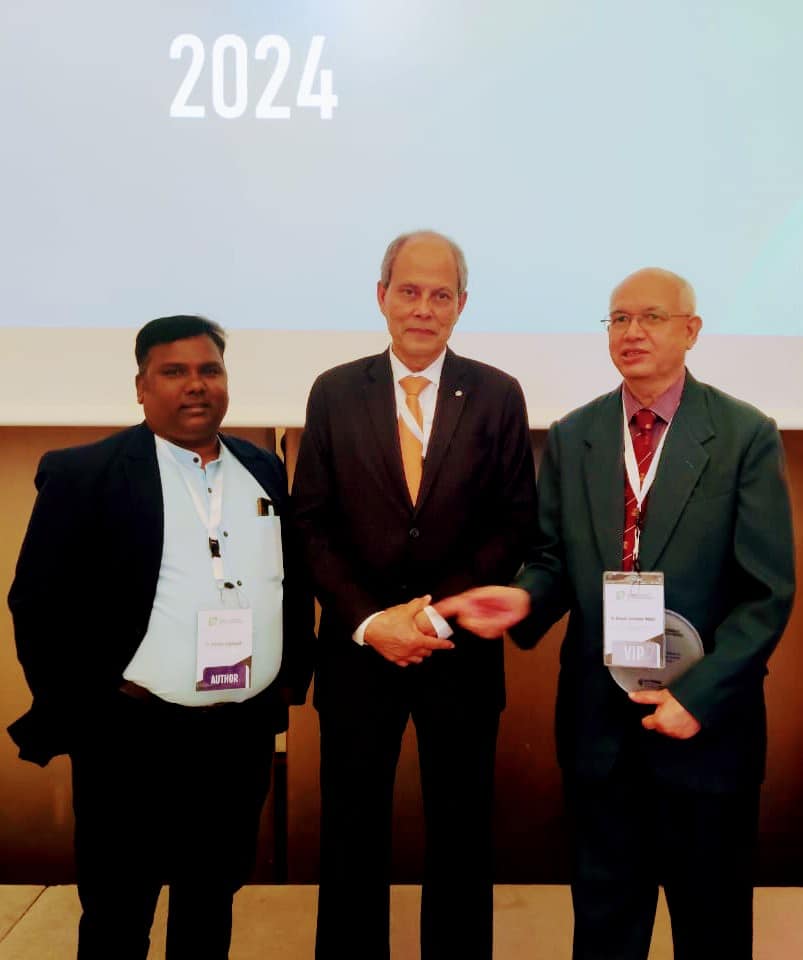COP 28 Resolution 47/57: Moreover, COP 28 showcased actions to drive the participation, inclusion, and leadership of Indigenous Peoples. With the engagement of the High-Level Champion of COP 28, IUCN, the International Indigenous Forum on Biodiversity, and the IUCN Indigenous Peoples Organizations members, they launched the Podong Indigenous Peoples Initiative. The initiative will provide funding directly to Indigenous Peoples, ensuring no less than 85 per cent of funds reach Indigenous territories and communities.
Resolution point 47 highlights the launch of the Podong Indigenous Peoples Initiative during COP 28, aimed at enhancing the participation, inclusion, and leadership of Indigenous Peoples in climate action. The initiative involves collaboration between the High-Level Champion of COP 28, the International Union for Conservation of Nature (IUCN), the International Indigenous Forum on Biodiversity, and the IUCN Indigenous Peoples Organisations members. It aims to provide direct funding to Indigenous Peoples, with a commitment to ensuring that no less than 85 per cent of funds reach Indigenous territories and communities.
Positive Side:
Indigenous Empowerment: The Podong Indigenous Peoples Initiative demonstrates a commitment to empowering Indigenous communities by providing them with direct funding. This approach acknowledges the importance of Indigenous knowledge, perspectives, and leadership in addressing climate change and environmental challenges.
Inclusive Decision-Making: By involving Indigenous Peoples in the planning and implementation of climate initiatives, the initiative promotes more inclusive decision-making processes. Indigenous communities are better equipped to address their unique climate-related challenges and priorities when they have a direct say in how funds are allocated and utilized.
Funding Allocation: The commitment to ensuring that at least 85 per cent of funds reach Indigenous territories and communities is a positive step towards addressing historical inequities in resource allocation. This ensures that the majority of funding directly benefits Indigenous Peoples, who are often disproportionately affected by climate change.
Negative Side:
Implementation Challenges: Despite the commitment to direct funding, there may be challenges in the effective implementation of the initiative. Issues such as administrative hurdles, capacity limitations, and governance structures within Indigenous communities could impact the efficient utilization of funds.
Sustainability Concerns: While direct funding is beneficial, there may be concerns about the long-term sustainability of climate initiatives in Indigenous territories. Sustainable development requires ongoing support beyond the initial funding period, including capacity-building, technical assistance, and monitoring mechanisms.
Ensuring Accountability: There may be challenges in ensuring accountability and transparency in the allocation and utilization of funds. Mechanisms for monitoring and evaluation should be established to track the impact of funded projects and ensure that they align with the priorities and needs of Indigenous communities.
In summary, while the Podong Indigenous Peoples Initiative at COP 28 demonstrates positive efforts to empower Indigenous communities and promote their inclusion in climate action, challenges related to implementation, sustainability, and accountability need to be addressed to maximize the initiative’s impact.


